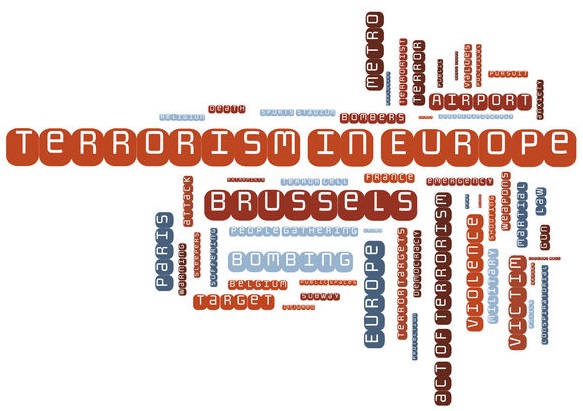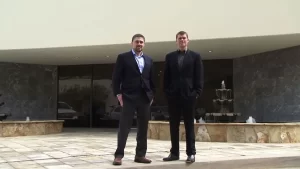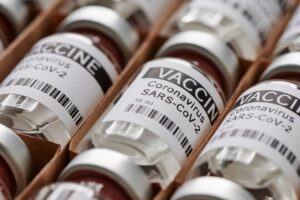In recent history, terrorism has cast an ominous shadow over our world. Although the majority of deadly terror attacks have occurred in recognized war zones in the Middle East (such as Iraq and Syria) and Africa (like Libya and Somalia), acts of terror have been committed across the entire world, in wealthy, developed nations and poor, undeveloped nations alike. Since the beginning of 2016, there have been 91 distinct acts of terrorism recorded, and there have been two significant terror attacks on major cities in Europe in the past 6 months.
In Brussels, there were 3 bombings that were carried out on March 22, 2016; 2 at the Brussels Airport in Zaventum and 1 at the Maalbeek metro station, by a Belgian terrorist cell associated with ISIS. These terrorists are also purported to be connected with the group that perpetrated the terror attacks in France, when 130 victims were massacred with hundreds more wounded during synchronized attacks on November 13, 2015. In the Brussels bombings, 3 nail bombs claimed 35 victims and wounded over 300 innocent bystanders.
The transportation sector is especially vulnerable to terrorism.
According to the U.S. Department of Transportation: “A secure transportation system is critical to overall national security from terrorism. Groups or individuals motivated to terrorize or injure people or the economy may well have transportation facilities as a target or a tool. Most assuredly, they would have a transportation element in an overall plan of terrorism. Thus, securing the transportation system is a critical consideration in overall security planning.”
Do the recent attacks in Brussels and Paris highlight the need for increased transportation security?
In response to public outcry concerning transportation safety, law enforcement agencies have set up identification checkpoints, executed daily raids, and increased transportation security in Brussels and Paris since the attacks. Even after the establishment of additional security measures, it took four months to catch the terrorist Salah Abdeslam, Europe’s most wanted fugitive in the wake of the Paris attacks, and at least one of the suspects in the Brussels bombings is still on the loose. The reactions of law enforcement in the aftermath of these and other acts of terror are admirable. Nevertheless, these tragedies painfully expose flaws in transportation safety and security that leave the public dumbfounded and aggrieved, and one can’t help but think that the response is too little, too late.
What can be done to secure public safety in our most vulnerable public places, like transportation?
Additional and improved measures to secure public safety in the transportation industry have been developed before, but it usually takes an international tragedy to get things done. America has been living in the spectre of terrorism since the unimaginable events of September 11, 2001. The entire world was shocked, terrified, and heartbroken when Al-Qaeda terrorists hijacked 4 passenger airplanes, then used them as high-speed, mobile suicide bombs that killed 2,996 people, wounded thousands more, razed New York’s iconic Twin Towers World Trade Center to the ground, obliterated part of the Pentagon, and caused millions worth of collateral damage. Before that ill fated day, few could have imagined that transportation could be a deadly tool for terrorists.
The most effective way of fighting terror is public awareness.
Potential dangers from terrorism still loom large in the public eye. Fortunately, people today are more aware of terror threats than ever before. The global community is united in fighting terror, and we’re better prepared to deal with terrorism than at any other time in recorded history.






